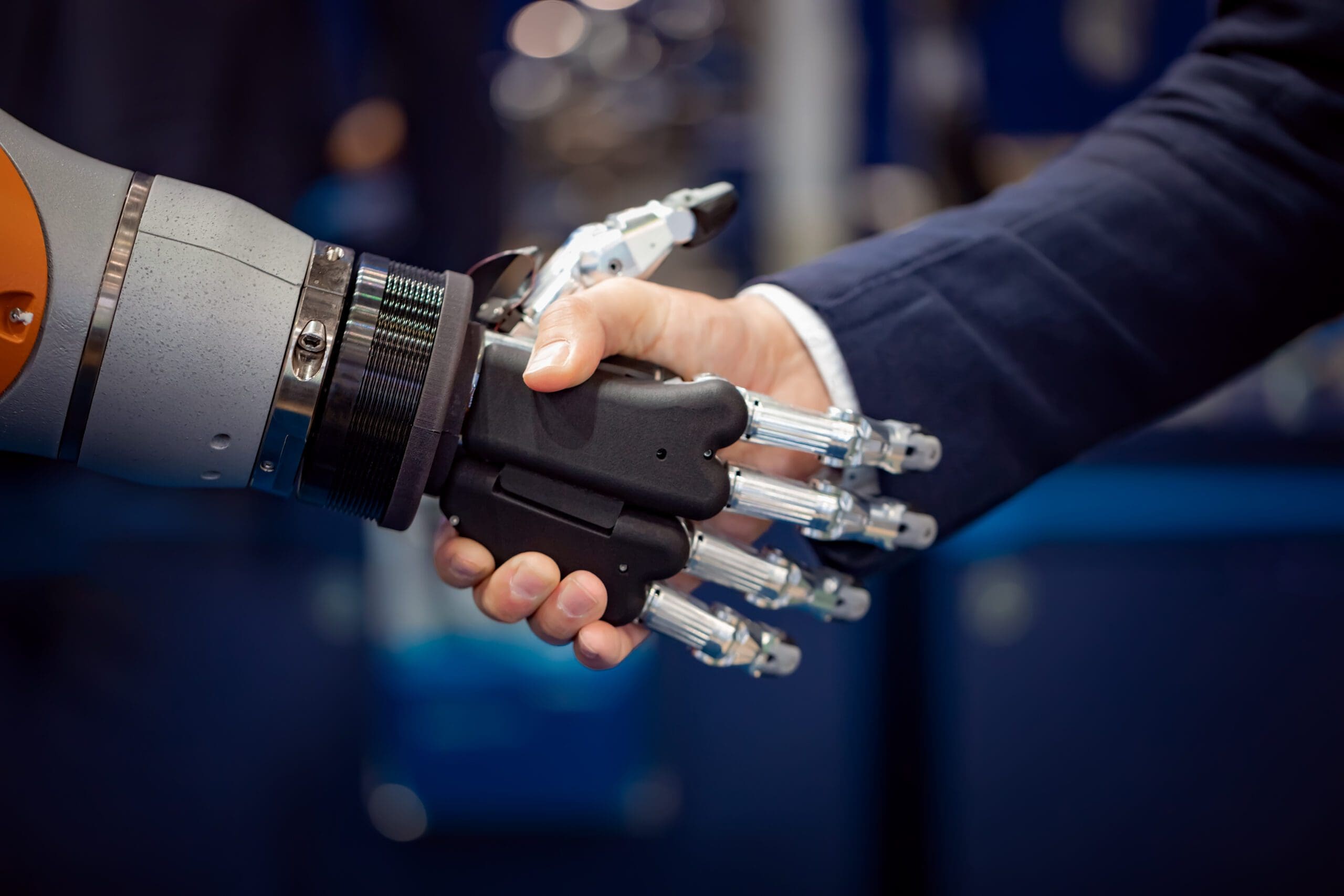In the late 1920s, times were hard and the Great Recession shadowed everything. There was a feeling of doom and gloom with imagining new possibilities looking impossible. Probably because people felt as if they were in a tunnel without any light at its end that John Maynard Keynes, the economist who would go on to become a household name in another 10 years, wrote an essay titled ‘Economic Possibilities for our Grandchildren’ in 1928. His basic premise: we might be working hard but our kids and grandkids would never have to work.
In his short essay, Keynes imagined how the world would look after 100 years. And he painted a rosy picture of work and income. His core idea that pinned the essay was that in a hundred years “the first time since his creation, man will” face the problem of “how to occupy the leisure, which science and compound interest will have won for him, to live wisely and agreeably and well.”
In other words, Keynes imagined a world in which science and industrialisation would create so much wealth that people would no longer be forced to go through the grind and daily hustle.
After posing the problem, Keynes offered a solution. He wrote that work of three hours daily would keep people happy and occupied enough “for three hours a day is quite enough to satisfy the old Adam in most of us.”
In 2022, just six years short of the hundred that Keynes imagined, we are nowhere near the work culture he predicted. The strange bit, however, is that this is not because the calculations Keynes made on wealth generation were wrong. In his essay, Keynes believed that the quality of life – for simplicity, let’s assume he is talking of GDP – in “progressive countries one hundred years, hence will be between four and eight times as high as it is today.” By this measure, the world has surpassed Kenynesian expectations by a large margin. A quick Google search reveals that the GDP of the entire world was estimated to be around $8 trillion (adjusted for inflation and expressed in 2011 dollar prices) in 1940. In 2015, the number was $108 trillion. This is around 15X and not 8X that Keynes gave as the best case scenario.
But we aren’t working three hours a day.
In fact, if you look around chances are that you will see people who are overworked and tired, with brown bags under their eyes and stress painted on their faces.
Enter the bullshit jobs
What happened? Economists, sociologists and political scientists will have better and more nuanced answers. But, as anthropologist David Graeber said in 2013, we all continue to work like people worked a hundred years ago when the world was much poorer because now a lot of us are working in bullshit jobs. Instead of figuring out a better and more equitable way to spread the wealth created by the tech and science boom in the last 100 years, society instead increasingly relies on bullshit jobs to pass on (some) benefits to the masses.
Before I talk of the ChatGPT, the AI sensation that is amusing people with its erudition and ability to perform some not-so-basic jobs, let me talk of the bullshit jobs.
The term was coined by Graeber. In his essay, he too started with the Keynesian prediction. And, he then argued that the reason why it hadn’t come true was because the world invented bullshit jobs. Graeber wrote that a lot of people were working because “it is as if someone were out there making up pointless jobs just for the sake of keeping us all working.”
The phenomenon of bullshit jobs, on the whole, is detrimental even if in the short run or from an individual’s point of view it may look great. Example: telemarketing, which Graeber called a bullshit job. Sure, it allows someone to earn some money and hence offers a chance to them to better their life. But, its benefits to society, particularly in the long run, are suspect. It doesn’t add anything substantial to our well-being.
In fact, bullshit jobs tend to harm people and society, something we are probably beginning to see now. The Great Resignation of the last two years wasn’t so much of a revolt against work. Instead, it was a revolt against shoddy, meaningless and lecherous work. If people nowadays groan every Monday morning, and move through office cubicles like zombies, surely some blame also lies with the work they are doing.
Enter the ChatGPT
Bullshit jobs are joy killers! And they sap energy and vitality out of people employed to do them. Bullshit jobs are also the jobs that ChatGPT is going to do wonderfully well, potentially removing millions of people from the job market.
These are early days and we already know that ChatGPT, which seems to have bookish knowledge of someone who has memorised a million books, isn’t as smart as it pretends to be. But for many jobs, it doesn’t have to be an Einstein. It only needs to be smart enough, and that it is. For a lot of tasks, ChatGPT, or an AI similarly tuned, is already an ideal employee. And it will get better. It can quickly find basic and syntax errors in coding and suggest right fixes for them. It can analyse large data sets. It can write a lot of content that is SEO-friendly and easy to read. It can create basic templates that can be taught to children or can be used as teaching aids in schools. It can create PowerPoint slides better than an IIM-A graduate. It can write polite emails, the kind that someone currently might be required to write in their consumer-facing jobs. And so on and so forth.
The result is that a large chunk of bullshit jobs can be done by ChatGPT. And if companies and organisations move to use ChatGPT in places where they currently use humans, it is safe to say that millions of people may end up losing their jobs.
This may sound scary, but I believe this could be an opportunity – or a trigger if you want to call it that – to push the world of working in the right direction. In fact, if we do decide to use more and more AI systems like ChatGPT and smart robots, we may not have any other option but to push towards a work culture where employment as we know it, is optional and not mandatory. The bullshit jobs are bullshit work but they do serve a function in society: redistribute wealth, although the redistribution is rarely fair or generous.
If AI systems like ChatGPT take over the bullshit jobs, this redistribution will stop. In such a scenario the only way to stop society from slipping into chaos will be universal basic income, which will have to be offered to all with no strings attached.
Essentially, if the world wants to move to a future where AI systems like ChatGPT are common, driverless cars roam urban jungles and smart robots have taken over menial jobs, it must find a way to offer basic income to everyone universally. Otherwise, once ChatGPT and its ilk start replacing humans in jobs, there will be blood on the street and on Wall Street.
The good part is that, conceptually, it is possible. Tech boom of the last thirty years has created – and will create more in future – extreme amounts of wealth. The key is to find a way to redistribute it. Years ago, instead of figuring out how humans should be working less, the world invented bullshit jobs. Now with AI systems like ChatGPT on horizon, the world has an opportunity to fix its sins of the past. It can, almost painlessly, move to a work culture where bullshit jobs are done by AI whereas humans can work to create real value and chase their passion, even if that passion happens to be a life of idling and merriment. It will make the world and workplaces better.


















